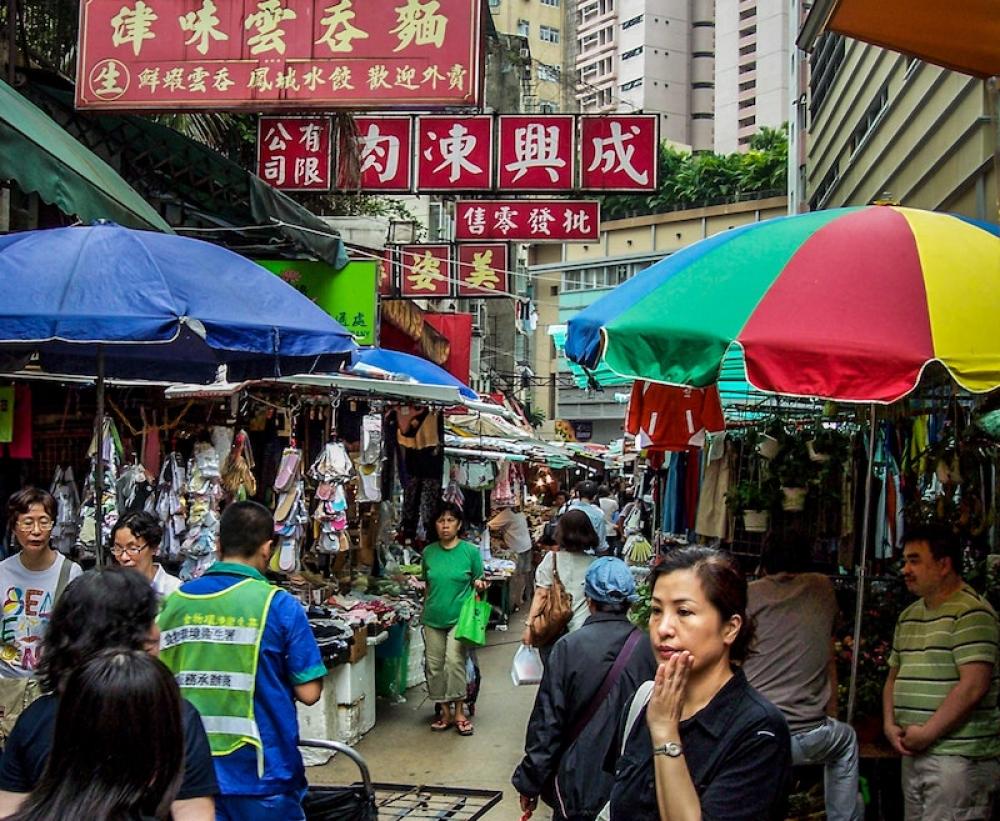Just Earth News | @justearthnews | 29 May 2020

Unsplash
Brussels: The head of European Parliament department that handles relations with China has said Beijing’s proposals for a national security law for Hong Kong are “aggressive and arrogant”.
China had been “strongly underscoring an impression that people have been gathering during the development of the Covid-19 crisis … that the leadership in Beijing is moving beyond being assertive, into being aggressive and arrogant,” Reinhard Butikofer, chairman of the European Parliament’s Delegation for Relations with the People’s Republic of China was quoted as saying by South China Morning Post.
China's parliament on Thursday backed a new security bill meant to bring about tighter control over Hong Kong, which underlines that anyone who undermines Beijing's authority in the territory will be treated as a criminal and his/her action will be deemed crime against the state.
The new bill has caused deep concern among those who say it could end Hong Kong's unique status.
It could also see China installing its own security agencies in the region for the first time, the BBC reported.
The move has already sparked a new wave of anti-mainland protest.
Clashes broke out on Wednesday as Hong Kong's parliament debated a different proposed law, which would make it a crime to disrespect the Chinese national anthem.
Hundreds of people were arrested in protests over that and the security law.
The new law means that Hong Kong no longer merited being treated differently from the mainland under US law.
The declaration could have major implications for Hong Kong's trade hub status as well.
The United States-Hong Kong Policy Act, or more commonly known as the Hong Kong Policy Act or Hong Kong Relations Act, is a 1992 act formulated by the United States Congress that allows the United States to continue to treat Hong Kong separately from Mainland China for matters concerning trade export and economics control after the 1997 handover.
The Act was amended on Nov 27, 2019 by the Hong Kong Human Rights and Democracy Act.
On May 27, 2020, US Secretary of State Mike Pompeo declared Hong Kong "no longer autonomous", putting its special designation into uncertainty.